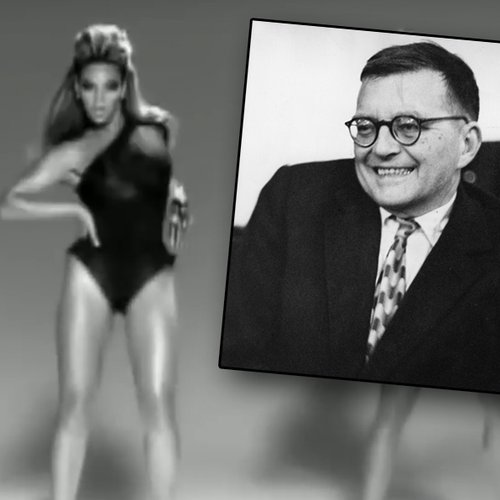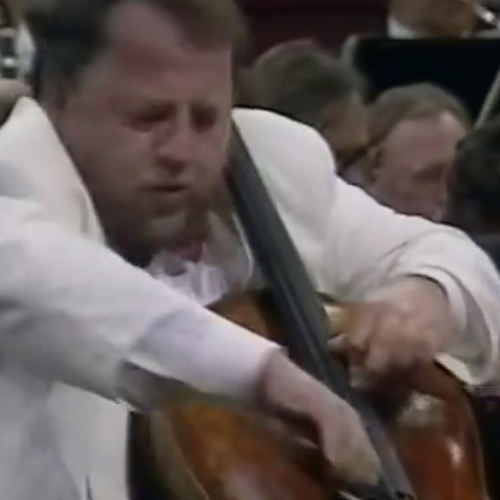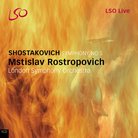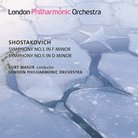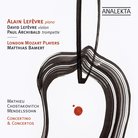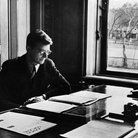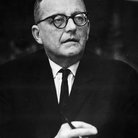Why we love Shostakovich
Shostakovich was a stunningly original composer whose music carries the scars of political intervention. Watch this piece that captures his genius and discover more about the life of the composer.
What’s the background to Shostakovich’s music?
Dmitri Shostakovich was Russia’s finest post-Revolution composer – and the most enigmatic. A myopic chain-smoker who was painfully awkward in the presence of strangers, at times his music appears impossibly uneven – until you take into account that it is riddled with private musical codes and ciphers. A musical alchemist without equal, only Shostakovich can sound like Offenbach in overdrive one minute, then turn agonisingly introspective à la Mahler the next, as if it were the most natural thing in the world.
What about those codes?
There’s one we can be certain about: ‘DSCH’ – Shostakovich’s personal musical motto. This is ingeniously derived from the German transliteration of his name (Dmitri SCHostakovich), to become a decidedly unsettling D-E flat-C-B.
To what extent did Shostakovich become ensnared in the web of Stalinist censorship?
All the way. Inevitably, his penchant for brittle irony soon landed him in deep water. The crunch came in 1936 when Stalin attended a performance of the operatic grotesquerie, Lady Macbeth Of Mtsensk. Dismayed by its lack of positivist flag-waving, state newspaper Pravda did a magnificent hatchet job on this "bedlam of noise".
So how did he get out of that?
Well, Shostakovich knew he had to produce a sure-fire winner. The resulting Fifth Symphony, with its universal message of triumph achieved out of adversity, was exactly what the State wanted and it made him a public hero.
But even that wasn’t enough to save him?
In 1946 his essentially light-hearted Ninth Symphony was officially censured for its "ideological weakness". Then, in 1948, several composers, including Shostakovich and Prokofiev, were hauled over the coals for "decadent formalism".
So what happened in the end?
Shostakovich died a broken man. The official notice praised him for ‘”finding his inspiration in the reality of Soviet life, reasserting and developing in his imagination the arts of socialist realism.” Nothing could have been further from the truth.



